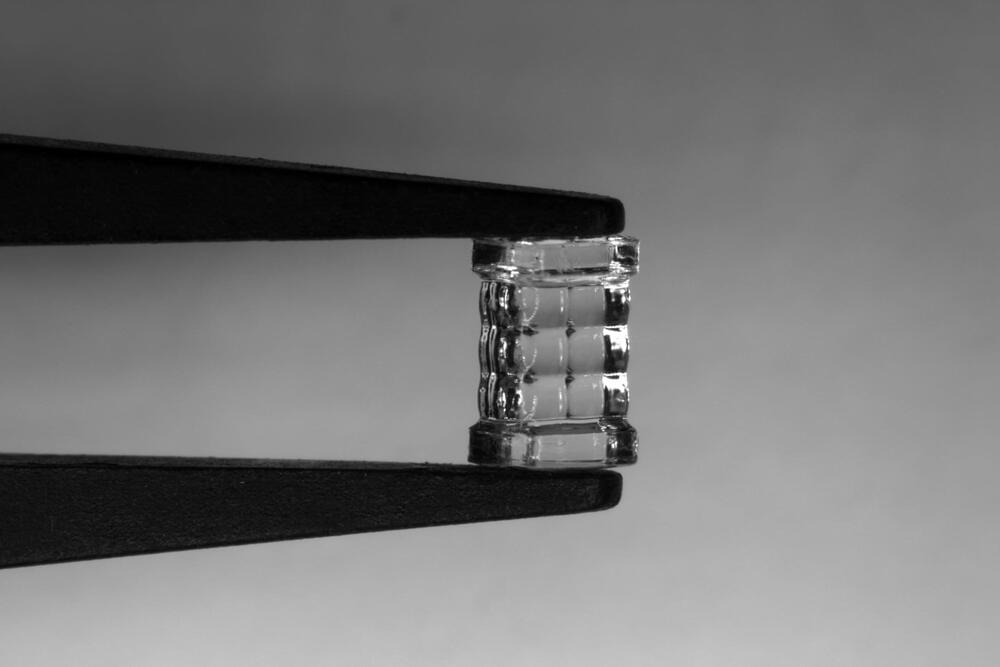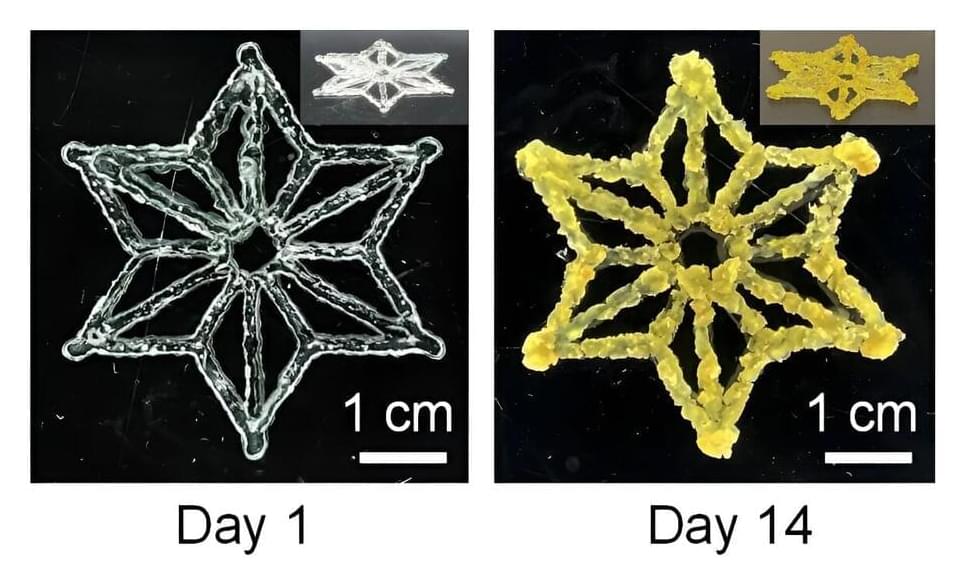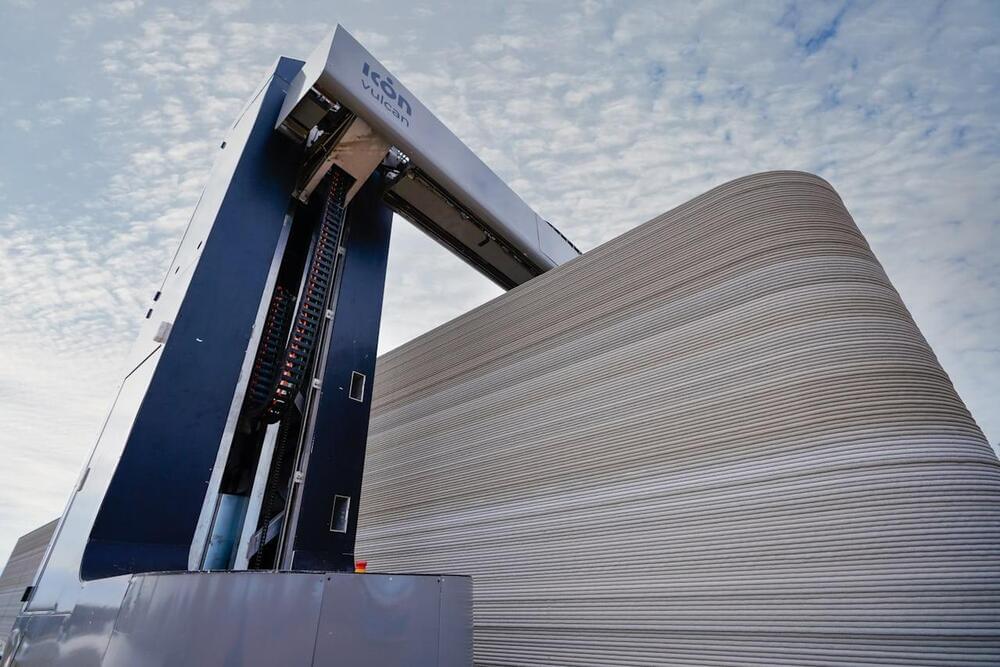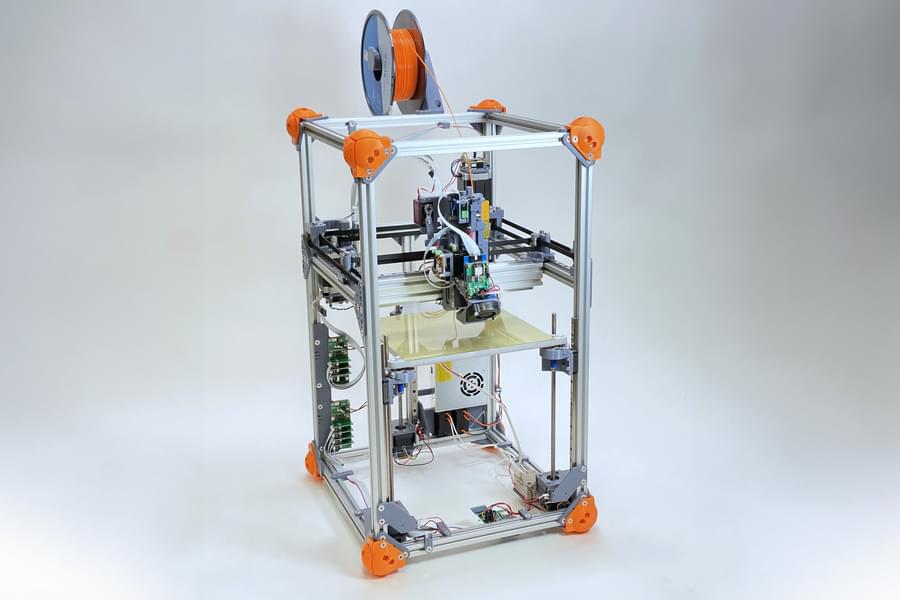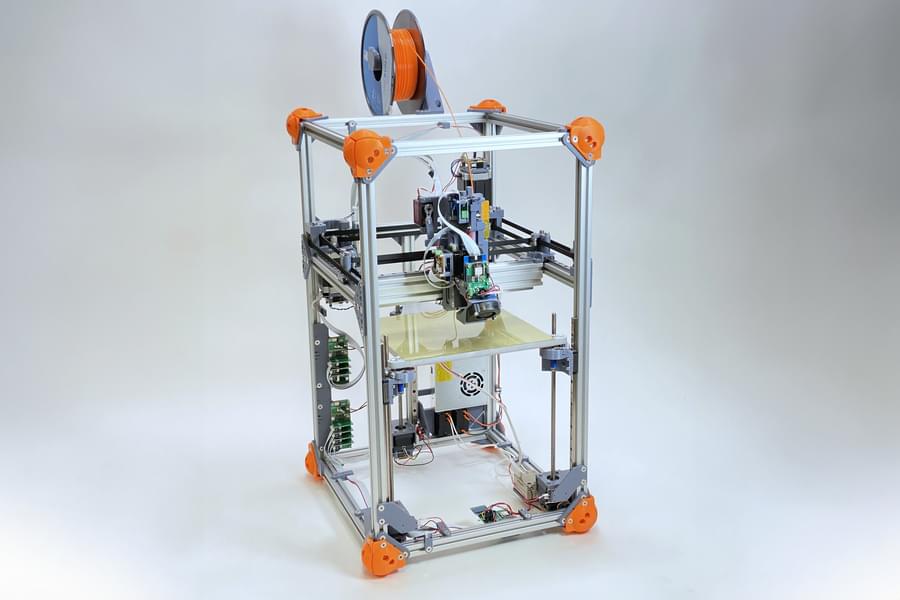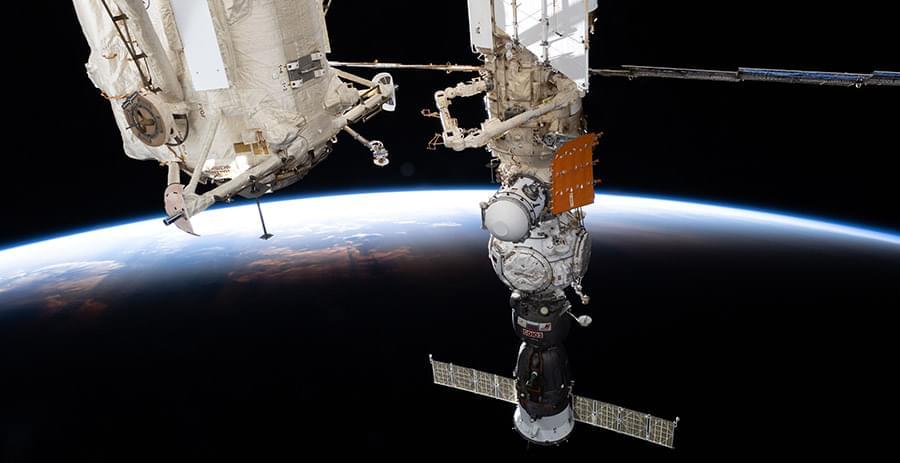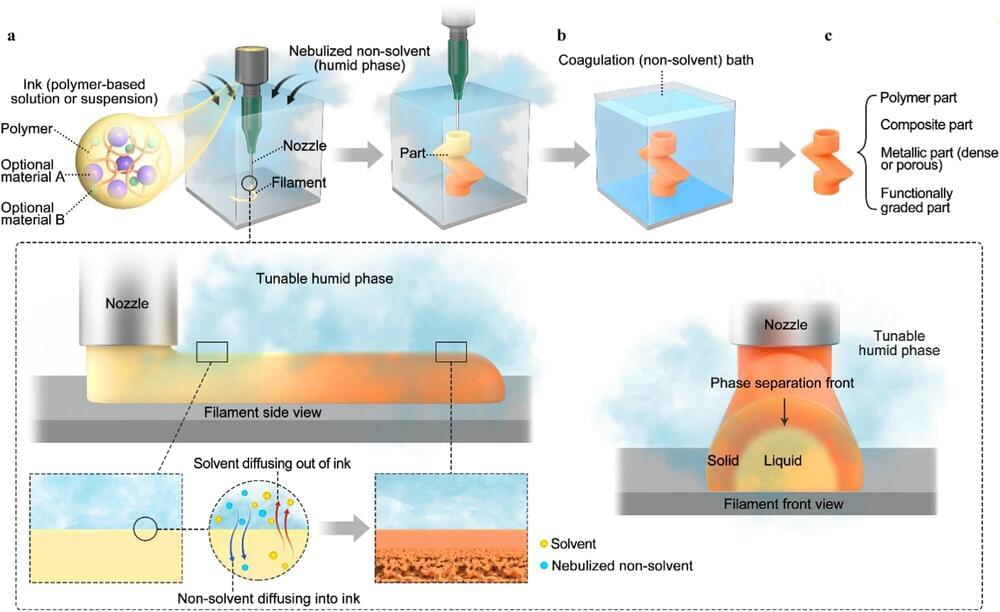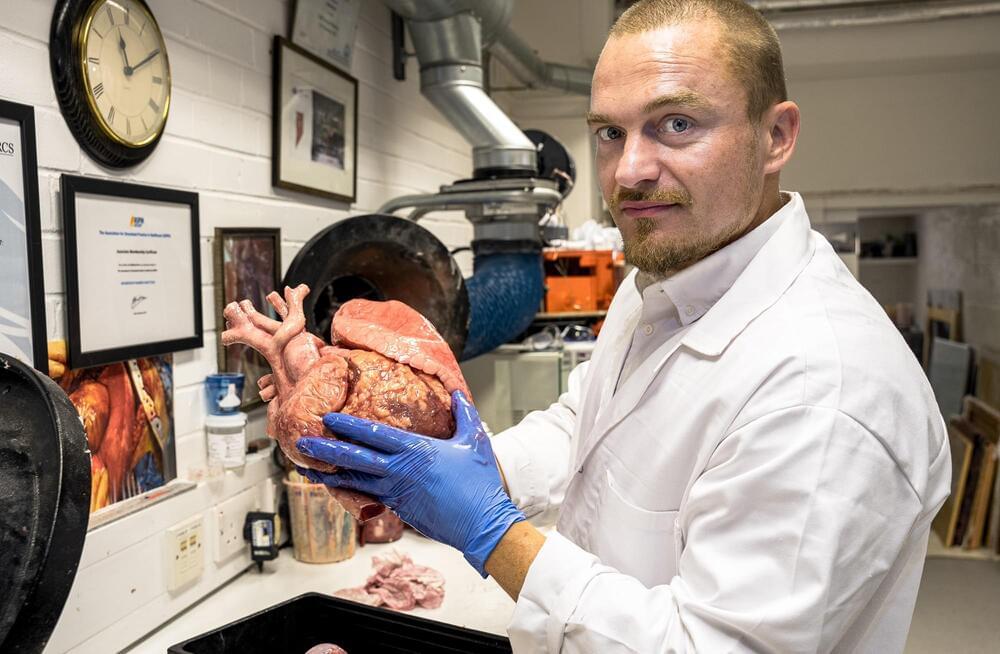Elon revealed details about Starship Flight 4 outcome, Flight 5, and beyond during a gaming livestream in X.
Video Credit: Elon Musk.
00:00 Starship Flight 4 Report, Fixes \& Future Missions.
13:23 Raptor Engine 3D Printing.
15:34 First Starship Mars Mission \& Colonization.
22:35 Flight 5 Booster Catch Plans.
24:05 Starship Space Telescope Project.
25:36 Flight 5 Next Month.
25:44 How Will Starships Overcome Fuel Boil-Off During Deep Space Mission?
26:26 Starship Launch From Florida Update.
26:45 Starship Will Enable Faster Trips To Mars.
27:06 How Stainless Steel Saved Starship?
Full 5-hour X live stream: https://x.com/i/broadcasts/1YpJkwgbQQdJj.
What Exactly Happened to Starship 29 \& Booster 11 in Flight 4!: • SpaceX Report Out: What Exactly Happe…
Weekly Updates: https://bit.ly/3HIQjPC
SpaceX Playlist: https://bit.ly/34wue8T
Consider Supporting on Patreon: / scientiaplus.
